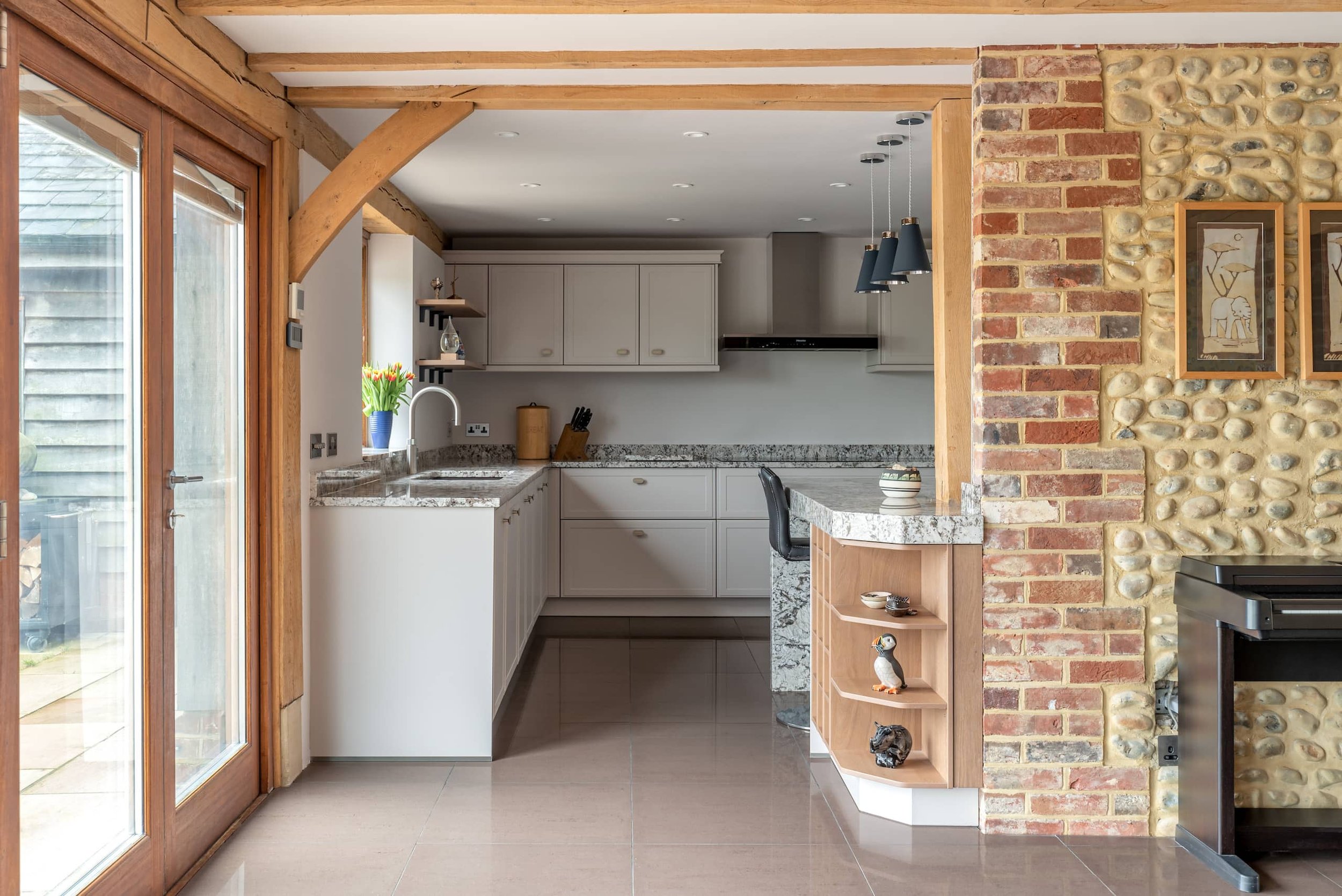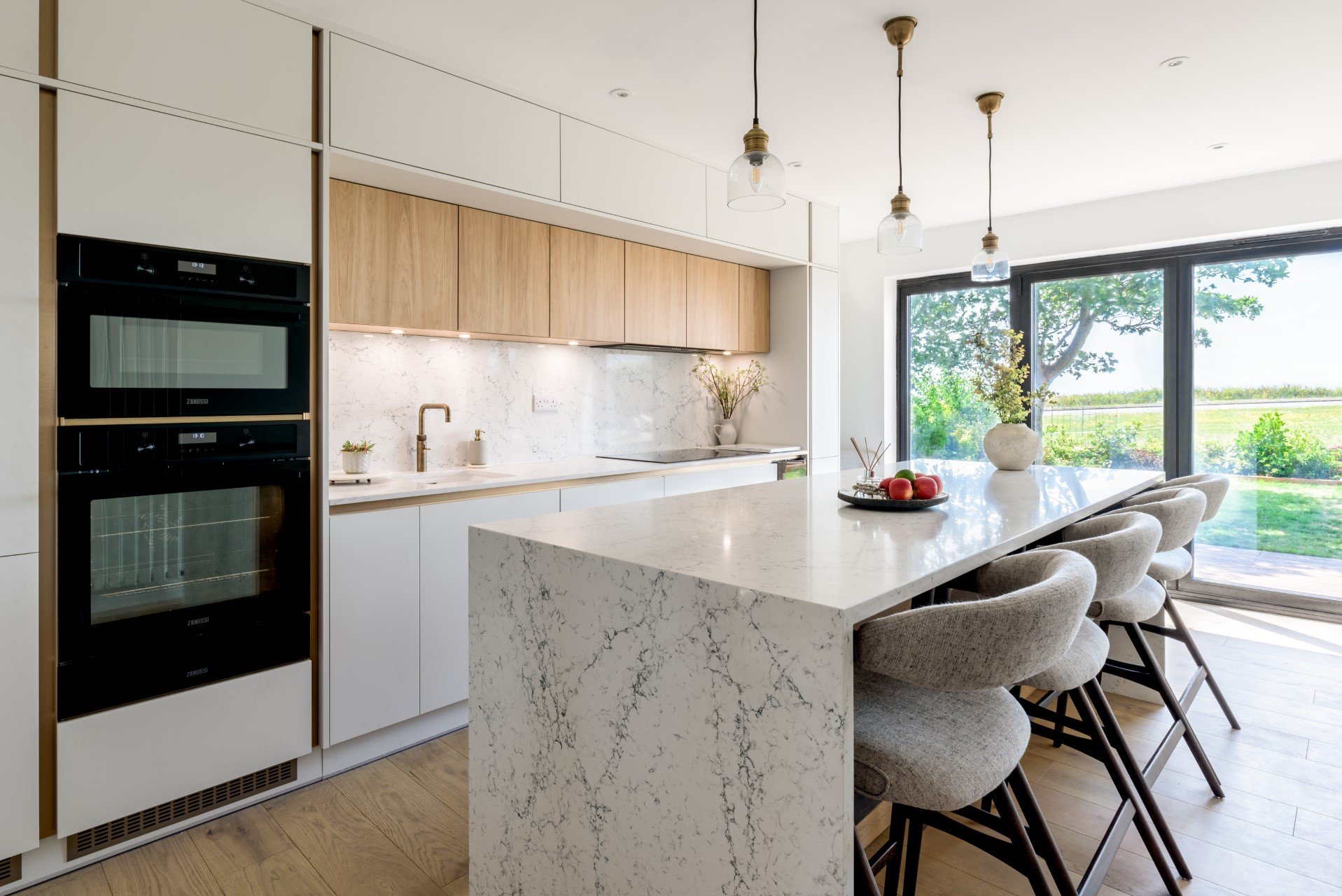Here is the Step-by-Step Process of Renovating Your Kitchen
Renovating a kitchen is an exciting project that can transform one of the most important rooms in your home. However, it’s a complex process that requires careful planning and organisation to ensure everything runs smoothly. Whether you’re updating outdated cabinets, installing new appliances, or completely reconfiguring your layout, following a step-by-step approach can help keep your renovation on track. Here’s a detailed guide to the process of renovating your kitchen, from the initial planning stages to the final touches.
Assess Your Needs and Set Your Goals
Before starting your kitchen renovation, it’s crucial to assess what you want to achieve. Think about your current kitchen and identify what works well and what doesn’t. Do you need more storage, better lighting, or a more efficient layout? Setting clear goals will guide your decisions and help you prioritise what’s most important.
Once your goals are clear, set a realistic budget. Factor in all potential costs, including design, materials, labour, appliances, and any unforeseen expenses. A well-defined budget will help you manage your finances throughout the project and make informed decisions on where to save or splurge.
Create Your Kitchen Design
Designing your new kitchen is one of the most exciting stages of the renovation. Work with a professional kitchen designer who can help bring your vision to life while considering practical aspects like space, flow, and functionality. During this stage, you’ll finalise the layout, and choose your cabinetry, worktops, flooring, lighting, and appliances.
Consider key elements such as the work triangle (the relationship between your sink, cooker, and fridge), ensuring efficient movement in the kitchen. Think about incorporating smart storage solutions, such as pull-out larders, integrated bins, and clever corner units to maximise every inch of space.
Choose Your Materials and Finishes
Selecting the right materials and finishes is essential for both aesthetics and durability. Cabinets are a significant feature in any kitchen, so choose high-quality materials that suit your style, whether that’s sleek and modern or more understated. Popular choices include solid wood, MDF with painted finishes, and laminate for a budget-friendly option.
For worktops, materials like quartz, granite, and solid surfaces offer durability and a premium look, while laminate worktops are more cost-effective. Don’t forget about splashbacks, which can be a great opportunity to add a touch of colour or texture, with options like tiles, glass, or stainless steel.
Plan Your Lighting and Electrical Requirements
Good lighting is essential for a functional kitchen. Plan your lighting scheme early, considering a combination of task lighting for work areas, ambient lighting for overall brightness, and accent lighting to highlight features like splashbacks or open shelving.
During this stage, also plan the location of electrical sockets, switches, and any under-cabinet lighting. Think about where you’ll need power for small appliances, charging stations, or smart kitchen gadgets, ensuring that your kitchen is equipped for everyday use.
Prepare for Demolition and Structural Work
Once the design is finalised and materials are chosen, it’s time to prepare the space. This stage may involve removing old cabinets, worktops, appliances, and flooring. If your renovation includes structural changes, such as knocking down walls to open up space, this work will happen now.
Demolition can be messy, so ensure your home is prepared by covering floors and protecting other areas from dust and debris. It’s also a good time to address any plumbing or electrical work that needs updating, as these tasks are easier when the kitchen is stripped back.
Install Plumbing, Electrical, and Structural Elements
With the space cleared, the next step is to install or update plumbing and electrical systems. This might involve repositioning pipes, adding new electrical outlets, or updating lighting wiring. Any major changes, such as moving the sink or installing a new cooker hood, will also be done at this stage.
If your renovation includes structural work, such as adding a breakfast bar or extending the kitchen, those elements will be built now. Ensuring this foundational work is done correctly is vital for the overall success of your kitchen renovation.
Fit Cabinets, Worktops, and Appliances
Once the groundwork is complete, it’s time to fit your new kitchen cabinets and worktops. This stage brings your design to life, as the kitchen starts to take shape. Professional installation is crucial to ensure everything is level, secure and fitted precisely.
After cabinets and worktops are installed, it’s time to position appliances. Integrated appliances will need to be fitted into the cabinetry, while freestanding appliances like ovens and fridges can be slotted into place. Ensure all appliances are properly connected and functioning before moving on.
Flooring and Tiling
Flooring is often one of the last elements to be installed to prevent damage during the earlier stages of the renovation. Popular flooring options include tiles, hardwood, vinyl, and laminate, each offering different benefits in terms of style, durability, and maintenance.
Tiling for splashbacks can also be done at this stage, adding a finishing touch to your kitchen. Whether you choose classic metro tiles, sleek glass, or bold patterned designs, tiling helps protect your walls and adds character to the space.
Final Touches and Decoration
With the major installations complete, it’s time to focus on the final details. This includes fitting handles, installing light fixtures, painting walls, and adding any decorative elements such as open shelving or artwork. These finishing touches bring warmth and personality to your kitchen, making it truly feel like your own.
Ensure everything is thoroughly cleaned and inspected before you start using your new kitchen. A final walkthrough with your installer can help identify any minor adjustments or touch-ups needed.
Enjoy Your New Kitchen
After all the planning, decisions, and hard work, your kitchen renovation is complete! Take the time to settle in, organise your new space, and enjoy the results of your efforts. A well-planned renovation not only enhances the functionality of your kitchen but also adds value to your home, providing a space that you and your family can enjoy for years to come.


